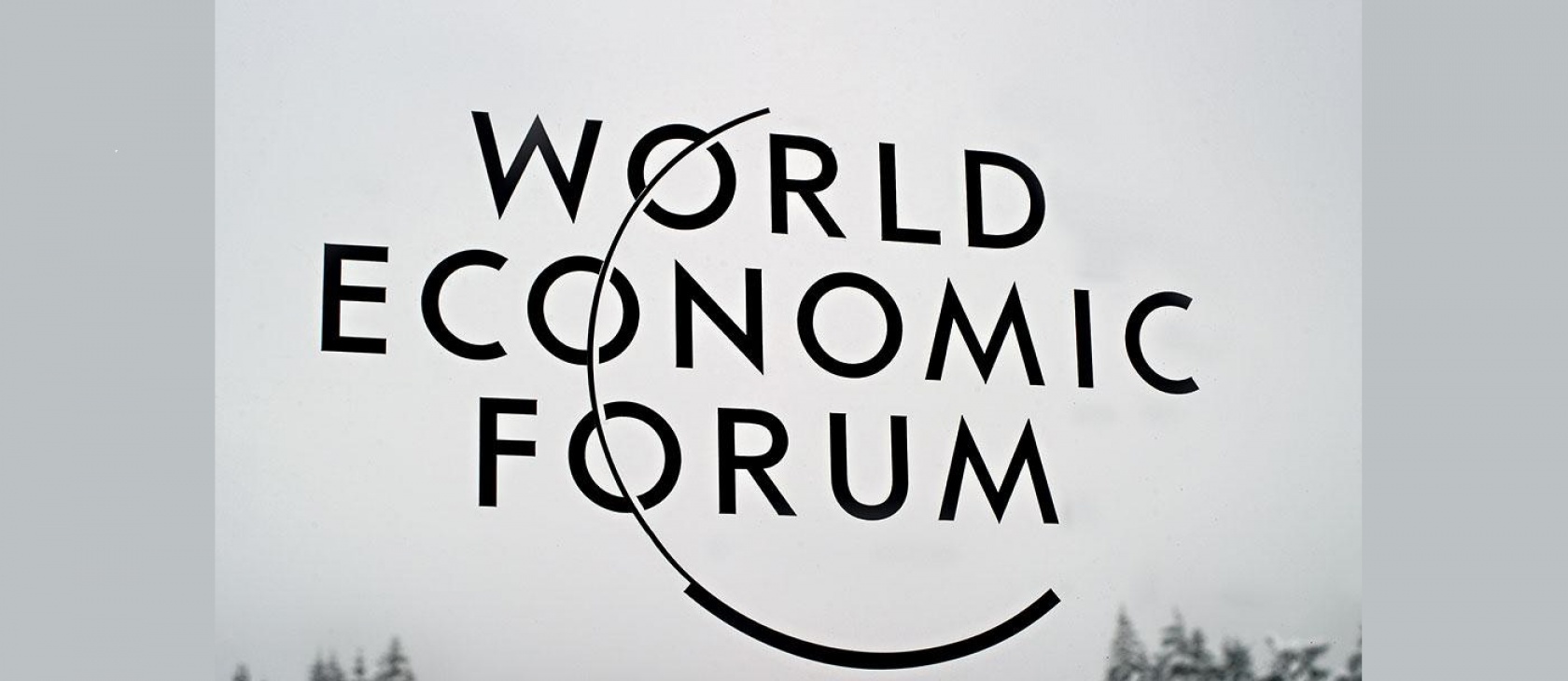When Pope Francis denounced “libertarian individualism” last year, few people could find a flesh-and-blood example of the philosophy as articulated by the pontiff. However, the gimlet eye of Stream editor John Zmirak may have found a related species in a creature he identifies as Homo Economist - a theoretical person who contrasts almost completely with the human person as viewed by advocates of constitutional government, ordered liberty, faith, and adherence to the precepts of natural law.
In the pope’s accounting, libertarianism “exalts the selfish ideal” in which “it is only the individual who gives values to things and interpersonal relationships,” and it is “only the individual who decides what is good and what is bad.” Writers such as Patrick Deneen and Rod Dreher have blamed the state of affairs as the inevitable end result of liberalism – the dominant philosophy of the Anglo-American sphere in modernity.
But it was not ever thus, Zmirak writes. He calls this person Homo Economist – not “homo economicus,” who seems an entirely fictional character, but rather one whose views he sees exemplified by secular pundits clustering in the prestige financial press. This man could be identified with the person whom late Samuel Huntington denominated as “Davos Man” – a rootless cosmopolitan who seeks unbound autonomy, not merely from capricious government, but all forms of tradition, particularity, family and, increasingly, the iron-clad laws of nature. (Witness Silicon Valley’s febrile exploration of technologies that they hope will make death optional.)
“Stealing the name of a noble movement against brutal tyranny that predates him by many centuries, Homo Economist dubs it ‘Liberalism,’” Zmirak writes in an article for The Stream. And thus his excesses become associated with those who share some of his economic views but none of his philosophy. Both proponents and detractors of this form of “liberalism” trace its origins to the French Enlightenment’s animosity toward kings and priests.
But John Locke and Adam Smith didn’t invent the concern for freedom. They were drawing on (and feeding off of) a much older tradition. Thomas Becket, resisting the power of the Crown. Thomas More, dying for his conscience. The Protestants who died under Mary. …
John Locke came out of a specific movement. That was the English, Christian, Protestant movement for freedom of conscience. And secure property rights. And limits on royal power.
Liberalism, which sprang from Christian thought and is premised upon Christian presuppositions of human dignity and individual rights, need not end in a Reign of Terror, a Bolshevik menace, or a sexual state that suppresses the free expression of religion.
The Acton Institute’s Sam Gregg – whose letters to the editor are more enlightening than most books – located the genesis of the new secular liberalism in its estrangement from natural law. This took place, he noted, at the same moment that organized Christianity began to abandon the supernatural for the subjective, the socially oriented, and the schmaltzy (this last being my term, not his). Zmirak, too, writes:
Adam Smith merely extended this English, Christian tradition. John Stuart Mill corrupted it, with his call on the State to “liberate” individuals from the “tyranny” of private, voluntary or natural institutions such as the Church and the family.
Deneen and others are correct that this form of “liberalism” cannot sustain society. But, as with “libertarian individualism,” there is a gulf between the term as presently understood and its historic pedigree.
“Liberalism,” particularly classical liberalism, embraces the restraints of what Sir Roger Scruton calls “unchosen obligations”: families, nations, and innumerable other intermediary institutions. As Eamonn Butler wrote about adherents of Classical Liberalism:
While they emphasise the priority of individuals, they recognise that people are not isolated, atomistic, self-centred beings. On the contrary, they are social animals and live in families and groups and communities that partly shape their values – clubs, associations, unions, religions, schools, online communities, campaigns, self-help groups, charities and all the other institutions that we call civil society.
Thus, as Lord Acton wrote, “Liberty is established by the conflict of powers.” The absence of these institutions strengthens the one remaining power exercising its trenchant might in our lives: government. Butler writes:
Civil society also provides a buffer between individuals and governments. If we really were all isolated individuals, our freedoms would be easily suppressed by a despotic government.
It is well worth identifying Homo Economist with the recognition that he cannot create a free and prosperous, much less virtuous, society.
(Photo credit: Ministério da Indústria, Comércio Exterior e Serviços-Brazil. CC BY-SA 2.0.)














